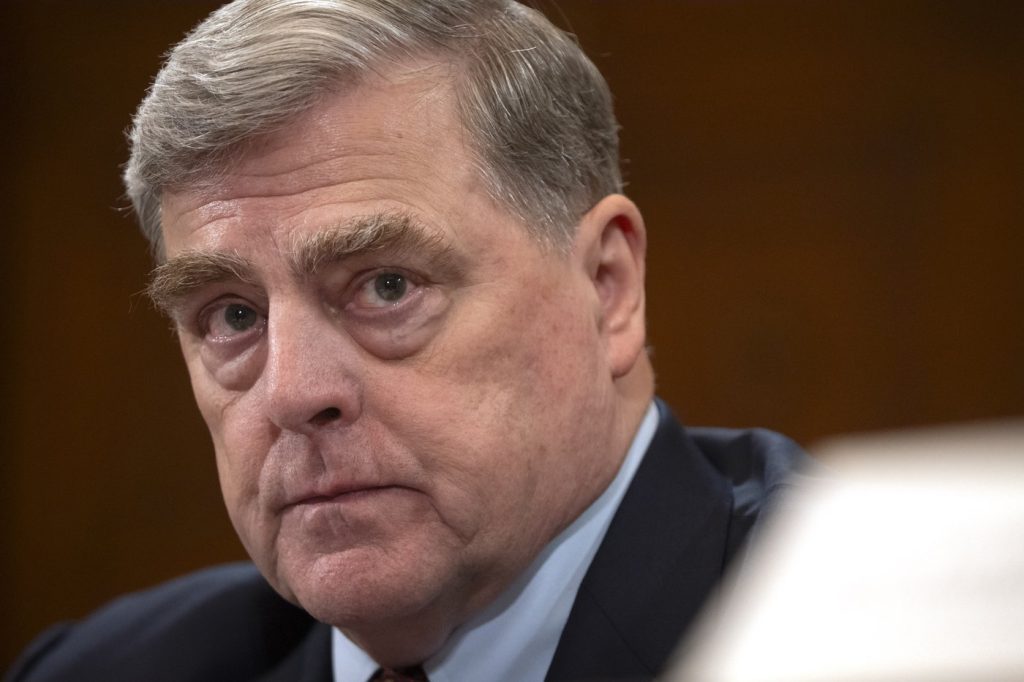In a controversial maneuver, Defense Secretary Pete Hegseth has decided to revoke the security protections and security clearance of retired General Mark Milley, the former chairman of the Joint Chiefs of Staff. This decision was confirmed by two defense officials late Tuesday and signals a significant shift in military oversight as political tensions brew in Washington.
The Pentagon's inspector general has been tasked with reviewing Milley's actions during his tenure as the top uniformed officer. This inquiry will focus on the "facts and circumstances surrounding Gen Milley's conduct," as stated by Pentagon spokesman John Ullyot. The outcome will help Secretary Hegseth determine whether it is appropriate to reevaluate Milley's military grade review determination.
General Milley served as chairman during President Donald Trump's first term. Initially, their relationship appeared cooperative; however, tensions escalated as Milley sought to moderate the president's approach to various controversial issues. Notably, Milley pushed back against Trump's interest in using military force to respond to domestic protests triggered by George Floyd's death. Additionally, Milley found himself embroiled in controversy for making independent phone calls to his Chinese counterpart in 2021, which Trump labeled as an "act of treason." Milley defended these calls as routine communications within the scope of his job.
In his final comments as chairman, Milley was critical of Trump, asserting during his retirement ceremony that "we don’t take an oath to a king or a queen or to a tyrant or a dictator. And we don’t take an oath to a wannabe dictator." He emphasized that military personnel take an oath to the Constitution and the fundamental principles of the United States, emphasizing their commitment to protect these ideals.
Joe Kasper, Hegseth's chief of staff, explained the rationale behind stripping Milley of his security clearance and detail, stating that "undermining the chain of command is corrosive to our national security." He highlighted that restoring accountability is a priority for the Defense Department under Trump's leadership.
Alongside revoking Milley's security clearance, the Pentagon may also consider removing his portrait as Army Chief of Staff. Notably, Milley’s chairman portrait was taken down just hours after Trump assumed office. It is important to clarify that both portraits were financed through a donation from the Association of the United States Army and were gifts honoring Milley's service, rather than being funded by taxpayer dollars.
This latest development raises questions about the intersection of military duty and political accountability, reflecting the broader tensions that have emerged in recent years between military leaders and the presidency. As the Pentagon conducts its review, the implications for both Milley and the military's relationship with political leadership in America will be closely scrutinized.











